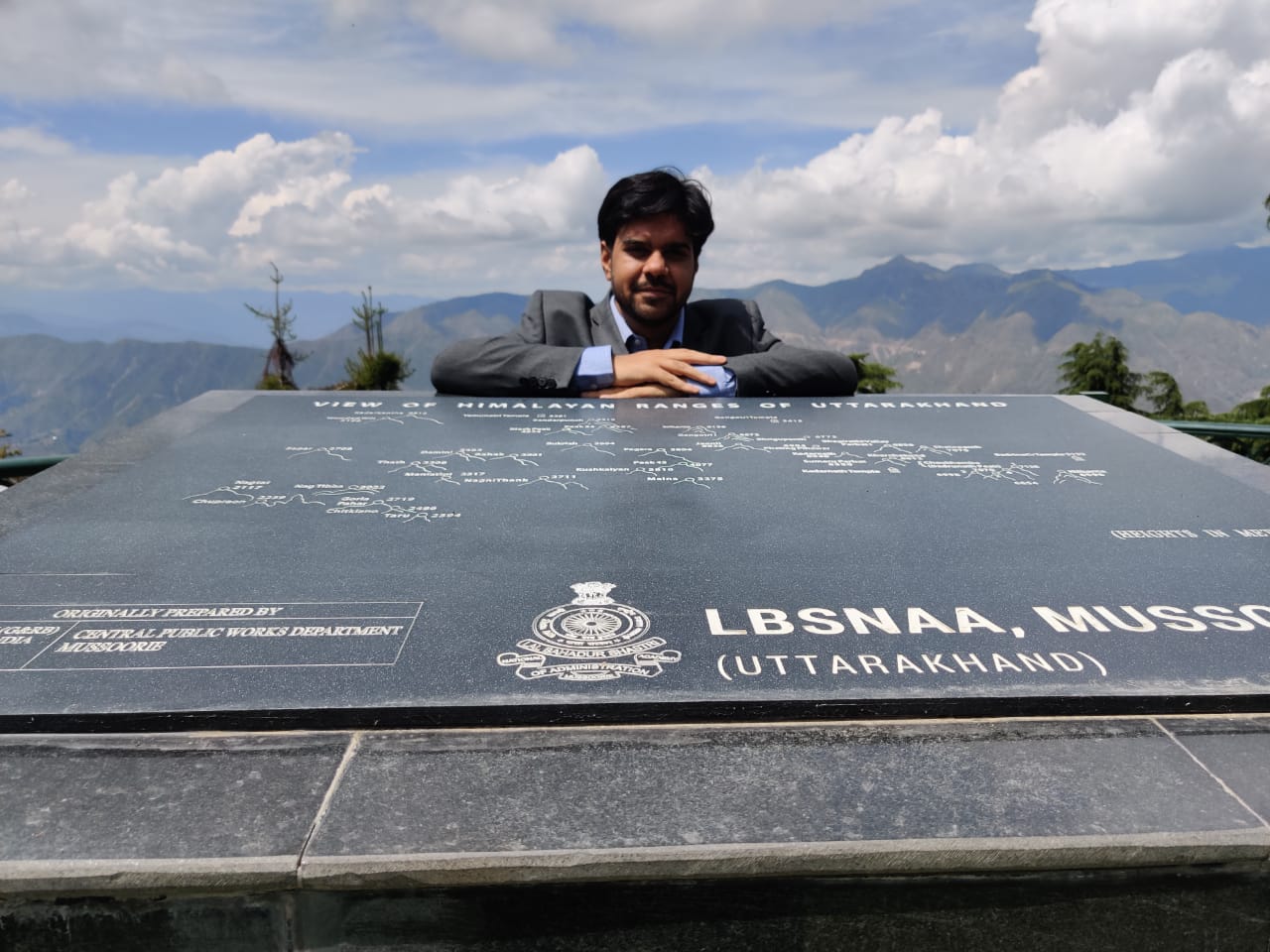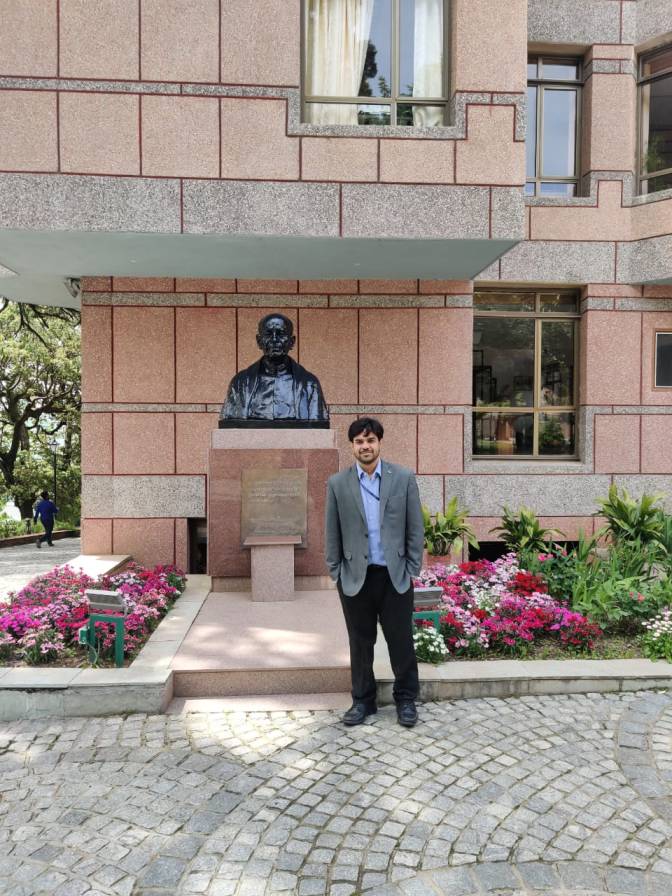“Out of 180 officers in my batch, there might be only about 12 officers who managed to clear the Union Public Service Commission’s (UPSC) Civil Service Examination (CSE) in the first attempt. That should give you a fair idea of how competitive this examination is,” says Prateek Singh, an Indian Administrative Service (IAS) officer who cleared the exam in 2018 securing an All India Rank (AIR) of 52.
Having studied in Delhi all through, Prateek says that he completed his engineering course from Netaji Subhas University of Technology (NSUT), Delhi University and thereafter did his MBA from Faculty of Management Studies (FMS). “I worked with a retail bank for a few years and it was during my stint here that the thought of appearing for the UPSC CSE struck,” he says.
He also mentions that up until he was almost 24 years of age there was no knowledge about the CSE and what it offers. “My father was always encouraging me to appear for the CSE by saying that the knowledge I gathered just by preparing for it would do me good.” So, Prateek decided to appear for the CSE for the first time in 2013.
He attempted the exam again in 2014 while working full-time and in 2015 he decided to quit and concentrate on solely preparing for the examination.

In 2015, he appeared for the exam again and while he cleared the prelims and the mains, he missed the final list by a mere seven marks. He was 28 at the time. Even though he says he was sitting at home unemployed and not earning a penny, his father continued to encourage him to prepare and reappear for the CSE.
Finally in 2016, he cleared the examination and got through to the Indian Railway Traffic Service (IRTS), with a rank of 488. “I had no idea about what this service entailed and decided to try and attempt the examination again to better my rank,” he says. Having appeared for the examination multiple times, he says that there were many ups and downs as well as important learnings along the way.
Prateek’s tips for aspirants:
1. Play to your strengths:
Each aspirant will have to figure out what their strengths are and work on that. Prateek says, “For me, linguistic skills, especially writing, was my strong point and all through the preparation period I worked on enhancing that. This was very helpful when I attempted the General Studies (GS) and while writing the essay in the mains. So, use your inherent strength to your best advantage.”
2. Work on your weakness:
This is a personal assessment that each aspirant must do in order to find out what their weakness is. Prateek says that retaining points that he read is what he found difficult. “That was my vulnerable spot and what I learnt was to continuously keep revising whatever I was reading. I would study from Monday through Saturday and ensure that I spent close to two hours every day just revising whatever I had studied. That helped in cementing the points.”
3. Reserve Sundays for mocks:
Studying through the week and keeping aside the entire Sunday to attempt a mock paper, whether for prelims or mains, is something that Prateek found beneficial. “I would use my Sundays as a day to consolidate the week’s learning and also to recuperate and get ready for the week ahead. On Sundays I would attempt a mock paper without fail and spend ample time analysing the answers and learning the ones I got wrong or could not answer,” he says.
4. Write to learn:

“I have noticed that many aspirants would write down the pointers that they wanted to remember. Writing vis-à-vis just reading helps one retain more,” says Prateek. Reading out loud while studying could also help retain information for a longer period of time. Aspirants can practice writing answers and solving previous papers to train their brain to retrieve information efficiently. Some aspirants also use mind maps to help retain and recollect information faster. He adds, “You will not be able to clear the mains without being able to write effortlessly. So, keep writing – that is the key.”
5. Find technology that works for you:
Prateek says that he used an app called OneNote by Microsoft that helped him collate all information in one place. “This app would help me collate all my notes in one place and was also accessible to me at all times. I would spend my time from 6 am to 9 am revising using the notes made on this app. I would also make lists (rivers of India, wildlife reserves in India, etc.) of important things I had to remember on this app and would go through it whenever I had the time.”
6. Always analyse the mocks:
As much as attempting mocks is important, analysing the mistakes one makes is equally important. Prateek says, “When attempting preliminary mock papers it will take an aspirant more time to analyse the paper than it takes to attempt it, while the mains will take equal time to write and analyse the paper. Spend at least two hours analysing the mocks. For questions you are unhappy with, try and write it again. That way you will be forced to relearn the concept.”
In conclusion, he goes back to something his father told him, and shares, “He would often say – be scholarly rather than aiming to be rich. The UPSC and its preparation will most certainly leave you enriched and knowledgeable.”
(Edited by Yoshita Rao)
No comments:
Post a Comment